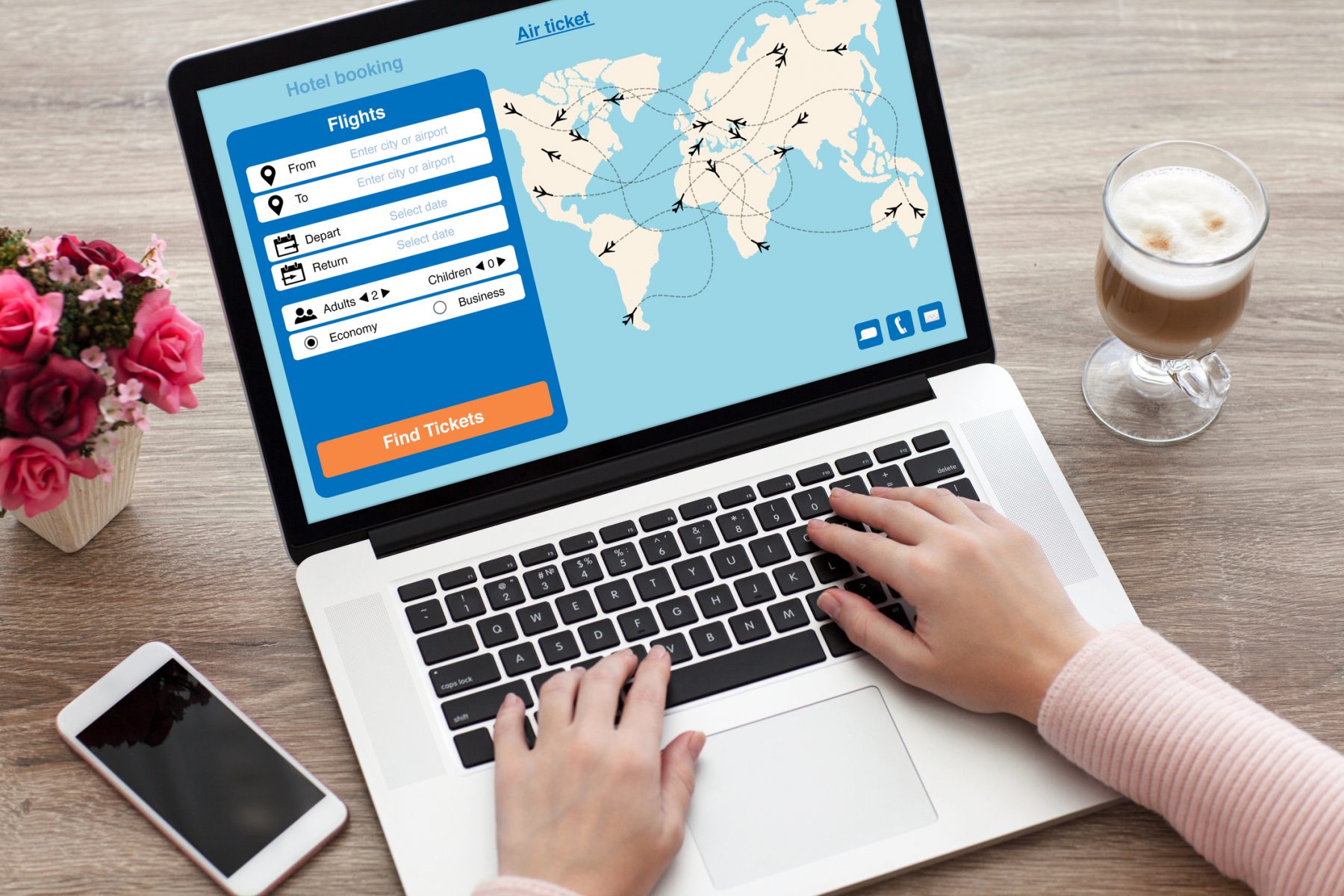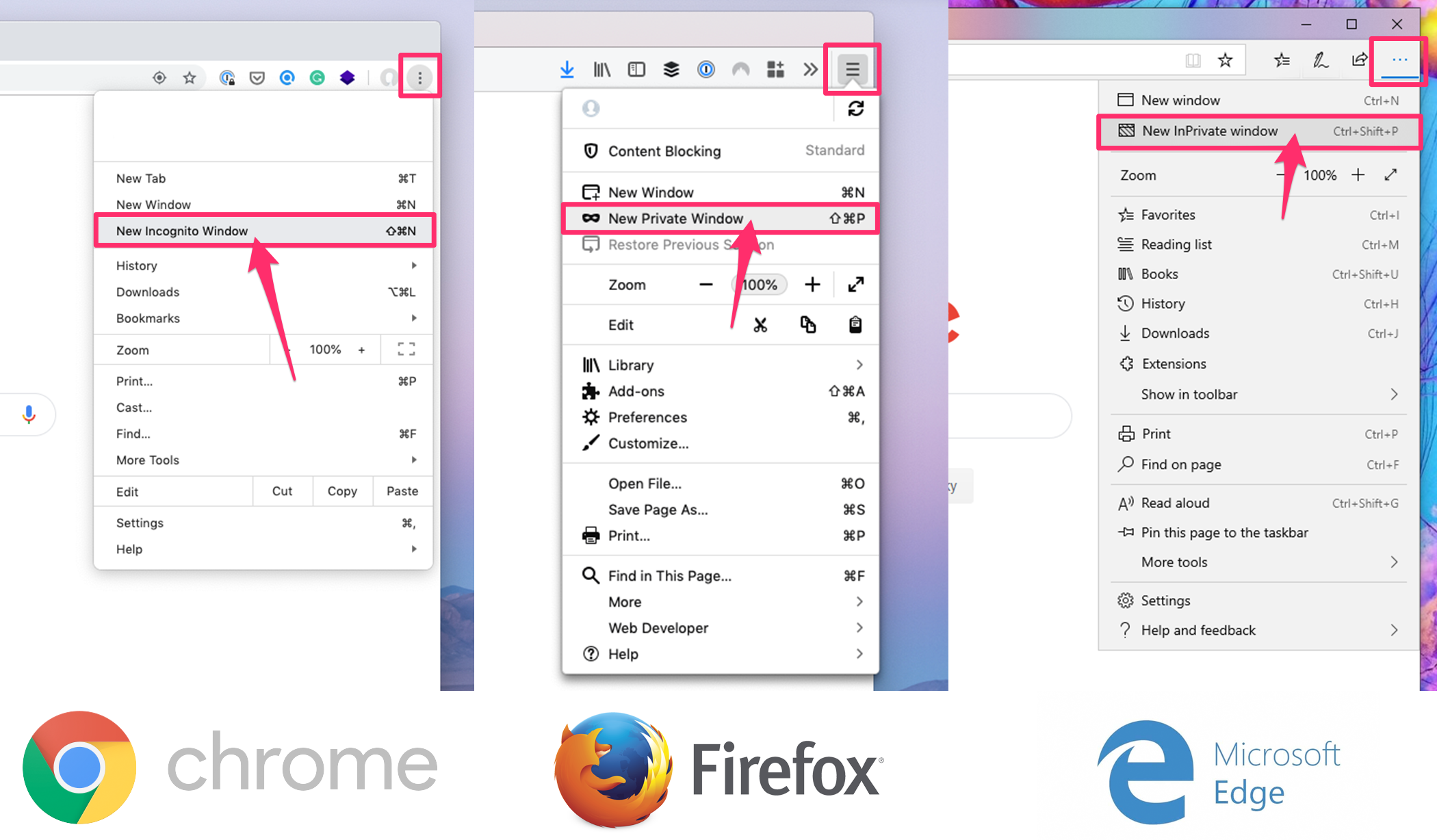Dynamic flight pricing: Are airlines raising your ticket price based on your browser history?
Signing up for credit cards through partner links earns us a commission. Terms apply to the offers listed on this page. Here’s our full advertising policy: How we make money.
Have you ever researched the perfect travel deal for days or weeks only to see prices shoot up the moment you go to book? It might feel as if the travel companies are rooting against you.
You’re not the first person to wonder if hotel and airline companies are manipulating their prices based on your browsing history. Are they using your long research sessions as indicators that you might be willing to pay more for the perfect vacation, and responding by raising prices?
Does this really happen?

Does your browsing history affect your ticket price or room rate?
Price discrimination, dynamic pricing and augmented-pricing structure are three industry terms used to explain one simple and alarming concept: not everyone is shown the same price for the same airline ticket online.
We know that this happens in the travel industry to the point that the entire business is built on variable pricing. There are 1,000+ factors that airlines and hotels take into account when calculating their prices. Available inventory, special events, seasonality and customer loyalty all play an important role in the price you see for a ticket or room rate.
Travel aggregation sites and travel providers have long denied manipulating prices based on user search history. However, despite these denials, we have seen several instances where these companies do identify (or “profile,” to use the industry term) users who are willing to pay more, such as business travelers.
Although we have seen some cases of this practice in the past, research shows that your tracked searches may be a good thing.
Should it matter which computer I have or what day it is?
Mac vs. PC
The Wall Street Journal investigated claims that Orbitz, a popular online travel agency, was showing higher prices for hotel rooms to Mac users compared to those who used a Windows PC.
Orbitz later admitted that it was, in fact, a user trait that they were targeting. Mac users were able to purchase tickets at the same price as Windows users, but Mac users were also being shown more premium rooms, compared to Windows users who were always shown the cheapest price for a room first.
Orbitz has since removed this feature from its site, claiming that users on all computer platforms now see the same search results.
Should I book now or later?
It’s important to plan when you’re buying airline tickets. If you buy too far in advance you may pay more; the same is true if you wait too long. Consider the day and time of your flight, two factors that can affect the price of your ticket.
The cheapest days to fly are usually Tuesday, Wednesday and Saturday. Because most travelers avoid early morning or overnight flights, those are often less expensive.
A study by FareCompare.com claims that the best time to buy tickets is Tuesday afternoon because airlines often announce deals early in the week.
What it boils down to is that flexibility is key when it comes to finding good deals. But you can set yourself up for success by doing a little research to find out what typical fares run, booking at the right time, and traveling during off-peak travel days and times.
Studies shine a light on price discrimination
Northeastern University study: Logged-in users see lower prices on hotel rooms
Northeastern University conducted a study that tested six online travel retailers – Cheap Tickets, Expedia, Hotels.com, Orbitz, Priceline and Travelocity.
Here is what they found:
- Both Orbitz and CheapTickets (which are operated under the same company) showed nearly identical search results for logged-in/return users and anonymous users. Prices differed on about 5% of search queries and among these queries logged-in users usually saw prices averaging $12 less than anonymous users.
- Hotels.com and Expedia (also owned by the same parent company) showed the same prices for all users, both logged-in and anonymous. However, they did sort search results to favor more expensive hotels to some tracked/logged-in user groups.
- Priceline dramatically changes its search result appearance based on user history but shows no price differentiation between logged-in and anonymous users.
- Travelocity shows significant evidence of showing lower prices to iOS device (i.e., iPhone and iPad) users — averaging prices that are about $15 less per night than for users on other devices.
It might be in your best interest to log in when searching for travel deals on these sites, the study shows. Usually, data is used to customize the experience. For example, if you normally book four-star hotels, your top search results would probably display the available four-star hotels at the top.
Although there were some exceptions, for the most part, lower prices were given to logged-in users across these top travel sites.
Consumer Reports: Airfare aggregator sites display lower prices for logged-in users
In another study, Consumer Reports tested results across nine of the most popular airfare aggregation sites: CheapOair, Expedia, Google Flights, Hotwire, Kayak, Orbitz, Priceline, Travelocity and TripAdvisor.
They discovered:
- Out of 372 different search queries, only 42 times did the search results differ between tracked and anonymous users
- When results differed, 60% of the time it favored (meaning the lower price went to) the tracked users
- At the extremes, the tracked users saw tickets as much as $84 cheaper than the anonymous users
- Google Flights and Kayak were most likely to show different results between tracked and anonymous users
This showed that there is relative consistency between tracked and anonymous users when it comes to airfare aggregators.
How does price differentiation work and how can you prevent it?
Even though there is no confirmation that airlines and hotels are actively employing this practice, there are a few things you can do:
Keep track of your browser cookies. This got a lot of press with the introduction in 2018 of new privacy laws in the European Union. The law requires sites in the EU to request permission before storing cookies on your computer. This is why website banners about cookies seem to pop up out of nowhere. Cookies are tiny bits of code that a website leaves in your computer when you visit a website. Your browser holds onto this cookie until it expires (often years later) or is deleted. Whenever you visit the same site again, they can request any cookies you might have that belong to that site. This technology is how websites remember that you are logged in over multiple visits to their sites.
The easiest way to search the web without cookies is to use the incognito or private browsing modes on your browser. This pops open a new browser mode which will refuse any cookies that a site tries to give you. This means there is no history of previous visits when you visit a travel site, making you look like an anonymous user, even if you have been on a website all day.

You can usually activate these private browsing modes under the file menu or by clicking the three-bar icon on the right side of many browsers (as shown in the pictures above).
Is it worth taking extra precautions when searching for travel deals?
Across all of the studies on website tracking, we found that, most of the time, there was no difference between a logged-in user or an anonymous user when searching for travel deals. Most of the time, the only thing that travel sites use your previous search history for is customizing the appearance of search results. This means showing hotels or flights you seem (based on your history) to prefer over ones that you are less likely to buy.
The few times when prices were different between tracked and anonymous users, the cheaper deals were usually in favor of the tracked users.
When searching for a great travel deal, it’s best to search both logged in and anonymously to compare all the deals, because it can make a difference — but not a significant difference.
Flight prices can vary based on the day and time at which you perform your search. For example, research has shown that Tuesday afternoon is the best time to look for cheap airfare because airlines often announce deals on Monday evenings.
Bottom line
Surprisingly, there is very little evidence that online travel sites are raising prices the more that you search for a specific trip. In fact, they tend to show lower prices to logged-in users.
Studies show that it is a good idea to search for travel using different browsers, both logged in and incognito to find the best deal. Take into account the day and time you search because airfare deals tend to be published on Monday evenings, Tuesdays are often considered the best time to find deals.
Although we don’t know the tactics airline sites use, travel sites seem to prefer to lose a few bucks in order to win your loyalty, favoring tracked users that they know have a strong history with the site. As always, you’ll want to book flights and hotels with a credit card that earns bonus rewards on travel purchases — you can find these on our list of the top travel rewards credit cards.
Let me know your experience with this! And subscribe to our newsletter for more travel tricks and info.
Editorial Note: We're the Million Mile Secrets team. And we're proud of our content, opinions and analysis, and of our reader's comments. These haven’t been reviewed, approved or endorsed by any of the airlines, hotels, or credit card issuers which we often write about. And that’s just how we like it! :)






Join the Discussion!